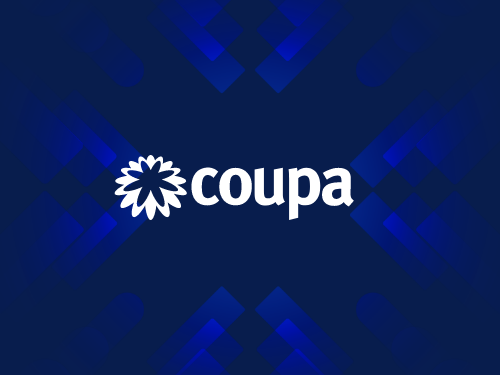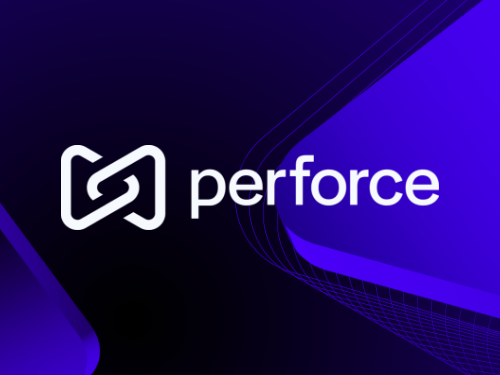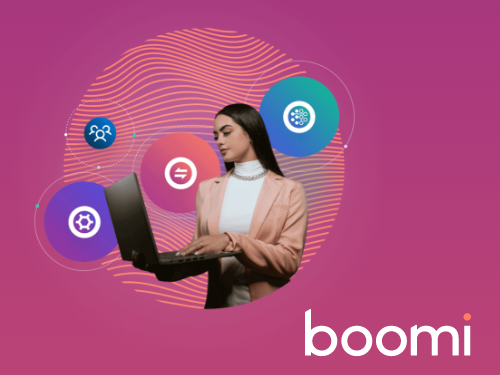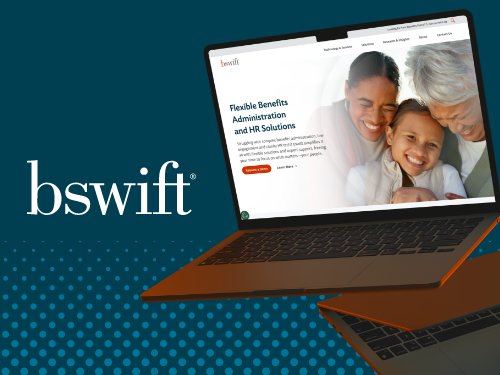In today’s B2B landscape, decision-makers aren’t just listening to brands—they’re listening to people. Not celebrities or social media stars, but real experts: engineers, analysts, developers, and operators with deep industry knowledge and the trust of their peers. For marketers, this shift presents a powerful opportunity: activating niche influencers to drive engagement, credibility, and conversions.
Here’s how smart B2B brands are tapping into the power of hyper-relevant voices to lead conversations—and win customers.
The Rise of the B2B Influencer
Influencer marketing is no longer reserved for beauty tutorials and unboxing videos. In the B2B world, influence looks different. It’s a federal cloud architect posting insight on LinkedIn. A cybersecurity analyst sharing zero-day vulnerabilities on X. A logistics manager breaking down efficiency tools on YouTube. These voices may not have millions of followers—but they do have something far more valuable: industry respect and decision-maker attention.
Whether you’re selling enterprise software, aerospace systems, or SaaS solutions for regulated industries, these niche influencers shape perception where it matters most—inside the buying journey.

Who Are B2B Influencers, Really?
Forget the ring lights and sponsored hashtags. The most effective B2B influencers are:
- Subject Matter Experts (SMEs): Engineers, developers, and product leaders who’ve built the solutions others now use.
- Analysts & Advisors: Independent thinkers who interpret market trends and tech shifts.
- Practitioners: Individuals working in the field—public sector tech officers, procurement leads, or operations directors.
- Evangelists: Employees or superfans who naturally share your brand’s vision and value.
They may not be household names, but in their specific communities, they carry serious weight.
How to Identify the Right Influencers
The key to successful B2B influencer marketing is relevance over reach. You’re not looking for a massive audience—you’re looking for the right one. To find them:
- Use tools like SparkToro or Onalytica to surface influencers by topic, keyword, or community.
- Leverage social listening to track who your buyers already follow and engage with.
- Tap into your ecosystem: Look at customers, partners, or internal experts who already have a voice in the market.
Ask: Who is creating content that my buyers trust? Who’s translating complex concepts into accessible insight?

Creative Ways to Activate Niche Voices
Once you’ve identified your influencers, give them a platform—and creative freedom. Some effective tactics include:
- Co-branded thought leadership: Partner on blogs, reports, or social content that blends your brand POV with their credibility.
- Podcasts & webinars: Host niche discussions that invite influencers to share their perspectives with your audience.
- Social media takeovers: Let influencers speak directly to your community from your branded channels.
- Video reviews or demos: Let a trusted voice showcase your product in their own way—particularly effective for technical tools.
Remember: authenticity is everything. Avoid over-scripting or forcing them into your brand voice.
What Makes These Activations Effective?
The best B2B influencer campaigns share a few key traits:
- Authenticity: Let influencers be themselves. It’s their voice that builds trust—not your script.
- Relevance: Niche influencers speak directly to specific buyer segments. That’s what makes them so powerful.
- Consistency: One-off campaigns might raise awareness, but sustained partnerships build loyalty.
Think of influencers not as one-time assets, but as ongoing collaborators who deepen your connection to a target audience.
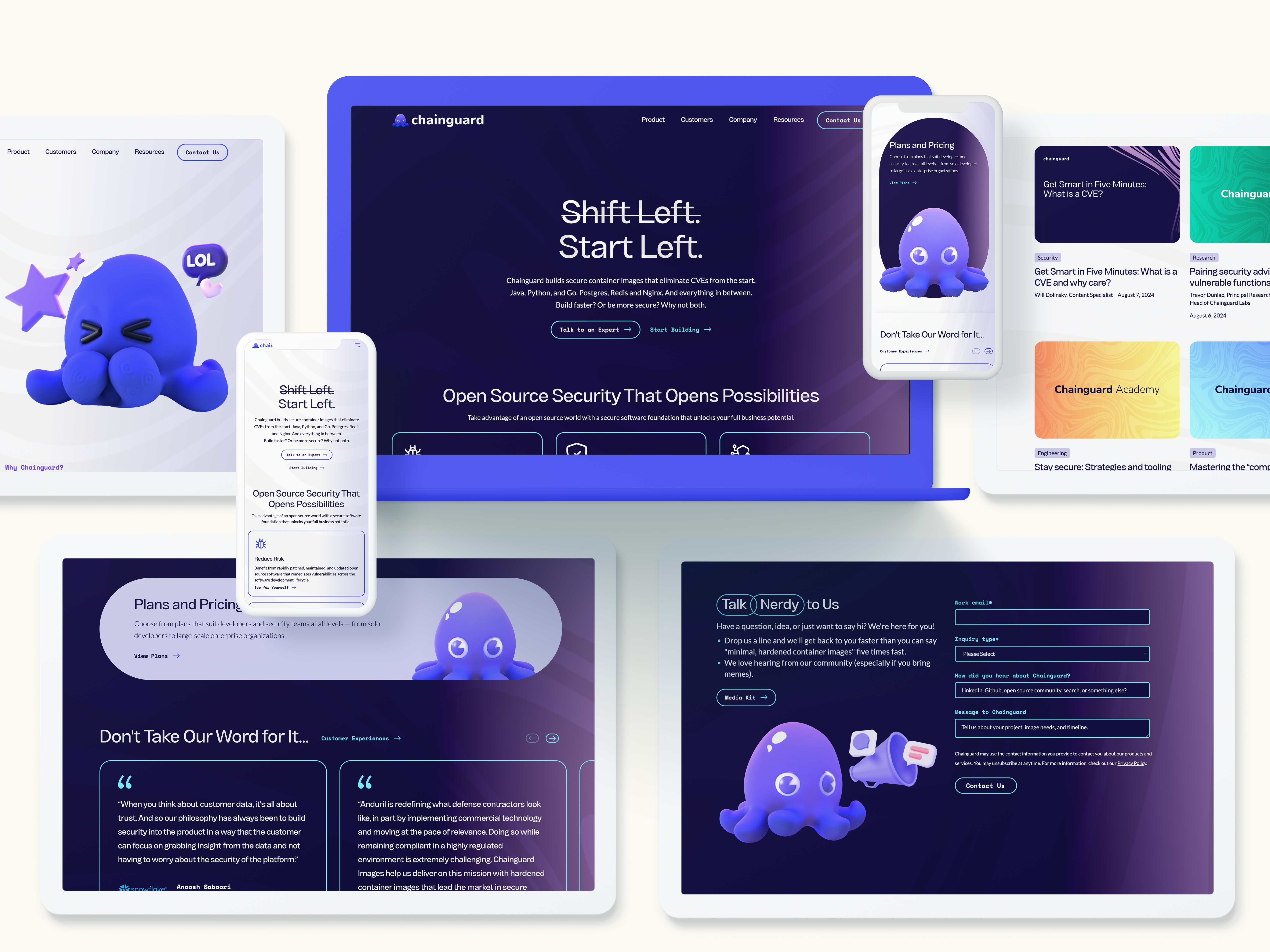
Measuring Success in B2B Influencer Campaigns
B2B sales cycles are long, complex, and rarely linear—so measuring influencer success goes beyond likes and impressions. Instead, look at:
- Engagement from the right audience segments
- Referral traffic to key landing pages or assets
- Influencer-generated content performance over time
- Assisted conversions and pipeline attribution (via UTM tracking or CRM insights)
- Brand sentiment and earned media mentions
And don’t overlook qualitative feedback: the comments, DMs, or offline conversations that signal credibility is taking root.
Influencer Marketing Is Trust Marketing
At its core, B2B influencer marketing isn’t about going viral. It’s about meeting buyers where they are, with voices they already trust. When executed strategically, it doesn’t just boost awareness—it shapes decisions, accelerates journeys, and positions your brand as a true authority within a niche.
Want to Build Your Own Influencer Ecosystem?
Bluetext helps B2B brands develop influencer strategies tailored to their vertical, audience, and goals. Whether you’re looking to launch a full-scale program or test the waters with a single campaign, we can help you activate the voices that matter.
Contact us to learn how we help brands earn trust, one niche voice at a time.
